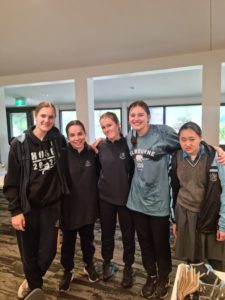From the Head of Humanities
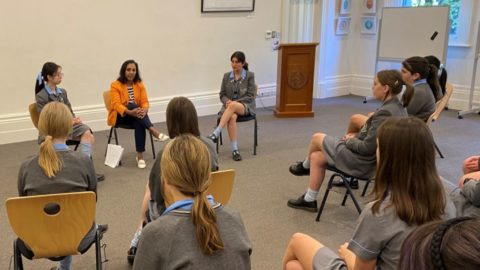
In the past month, the VCAA exams in the six different Humanities have all been completed and the Year 12 students have begun a transition into post-secondary life.
In the very last of those subjects, Global Politics, the learning continued right until exam day, as students needed to remain aware of international developments that are relevant to their many case studies. The Global Politics exam period parallels a yearly event that is both relevant to the subject, but also the world.
The annual Conference of the Parties to the United Nations Framework Convention on Climate Change (COP 27) occurred in Egypt this month. Almost every country on earth participated, as the world seeks to find a way towards a sustainable future and prevent further human-induced climate change.
As students finish their year of school, or in the case of our Year 12s, all their high school study, they begin to have an opportunity to become agents of change, playing a role in shaping lives into the middle of the 21st Century.
As always, Humanities students actively participated in learning that increased their understanding of the importance of people in shaping events.
Our Year 11 Business Management students put their entrepreneurial skills to the test in pitching, developing, and selling products at the annual market stalls event. Our Years 10 and 11 Geography students went off to the Melbourne Zoo in Parkville to conduct fieldwork on the impact of tourism on places and people, on what was a very wet Melbourne day.
Although the future was at the forefront of many students’ minds, the connections, and links between the present and the past were part of the Year 9 History students’ conversations, as part of their Critical Conversations Program. Gathered around their Harkness-inspired tables, the girls discussed how the events and experiences of World War One transformed Australia. Similarly, Year 8 History students presented their understanding of the Plague that transformed Medieval Europe in very creative, and amusing ways.
It has been wonderful to have all our Humanities students back on campus this year and providing opportunities beyond the classroom to extend their knowledge. Thank you to the Humanities teachers for their expertise and passion this year, which has supported and generated such enthusiasm for learning among our students.
-
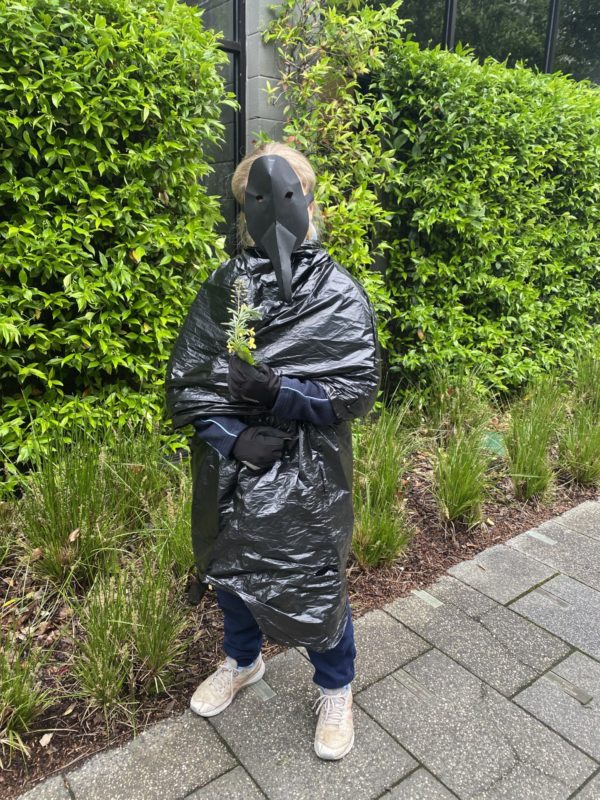
Year 8 Black Plague presentations
-
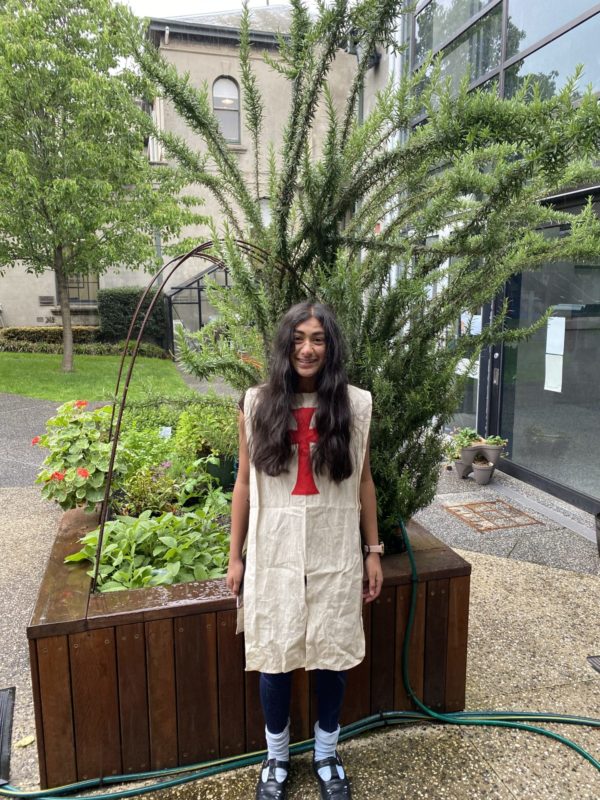
Year 8 Black Plague presentations
-
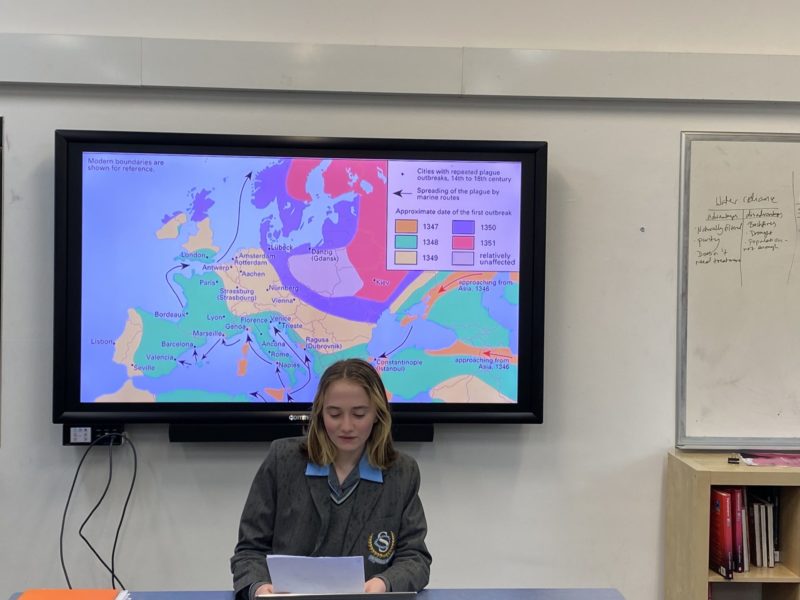
Year 8 Black Plague presentations
-
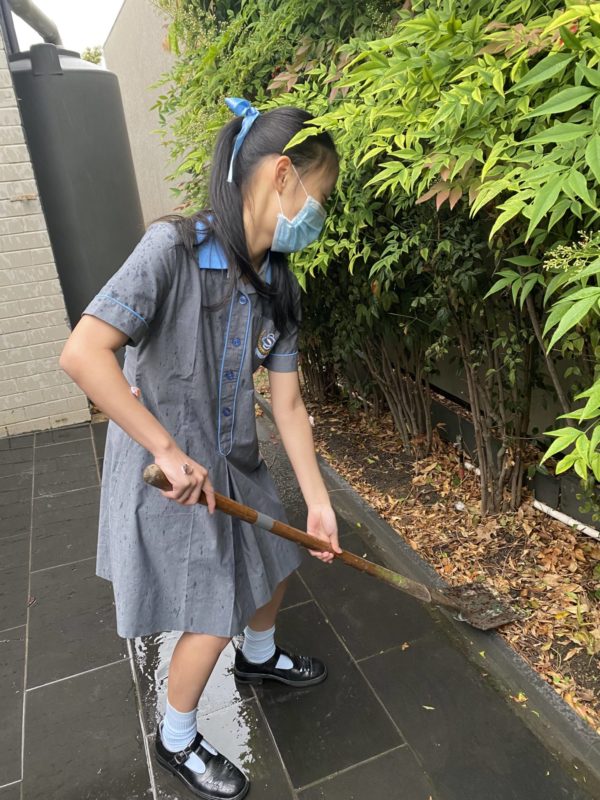
Year 8 Black Plague presentations


